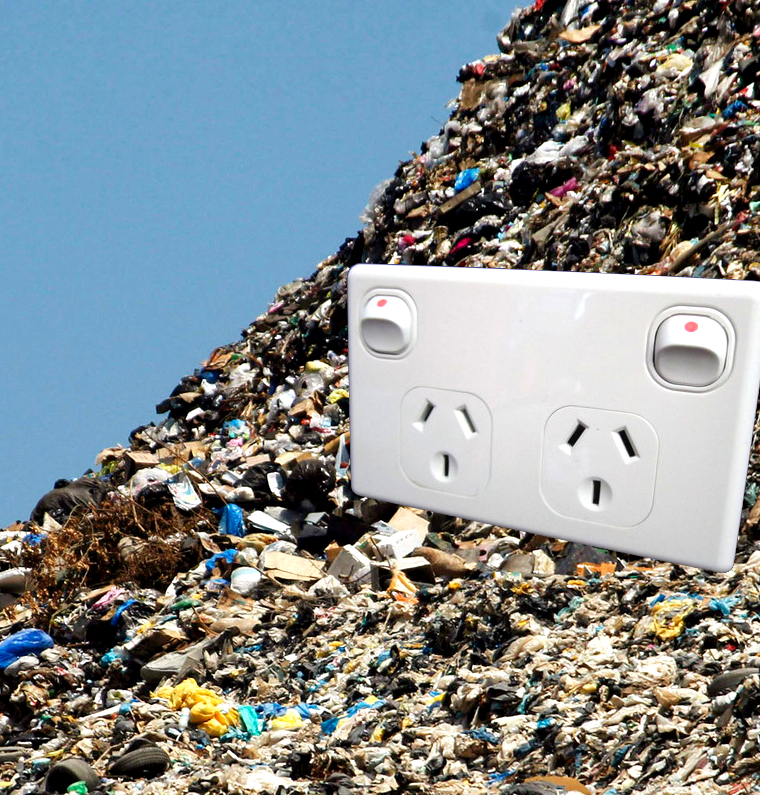Waste energy firing up
 A pioneering waste-to-energy project has been announced amid job cuts in Victoria.
A pioneering waste-to-energy project has been announced amid job cuts in Victoria.
In an ambitious move, Victoria has announced its first waste-to-energy initiative, aiming to revolutionise waste management while tackling energy needs.
The project, based in the Latrobe Valley, will see Opal Australia's Maryvale Paper Mill powered by burning household rubbish.
The Victorian government has granted a consortium the licence to develop the plant, which is poised to convert Melbourne's kerbside rubbish collections into a new energy resource.
“The furnace will combust the waste to produce heat. The heat converts water into steam and the steam drives a turbo generator to provide both electricity and an outlet of steam over to the pulp and paper mill,” says David Jettson, Opal Australia's General Manager of Corporate Development.
The Maryvale Energy from Waste (EfW) project has secured the first energy from waste licence from Recycling Victoria under the Waste to Energy Scheme.
The EfW facility is set to process non-recyclable municipal solid waste (MSW) that would otherwise go to landfill.
The proponents say it should be able to reduce greenhouse gas emissions in Victoria by an estimated 270,000 tonnes per year, which is equivalent to taking 50,000 cars off the road annually.
The project is developed by a consortium including Opal, Veolia and Masdar Tribe Australia.
The licence award comes alongside a detailed geotechnical study at the location of the EfW facility, in preparation for construction design and costings.
The findings of the geotechnical study will enable engineering designs and costings for the foundations of the facility by Spanish infrastructure group Cobra.
The Victorian government says the scheme will help the state reach its target of diverting 80 per cent of waste from landfill by 2030.
This initiative is not without its challenges. The project has faced legal hurdles, with Environment East Gippsland, represented by EJA lawyers, claiming the plant's approval due to concerns over air pollution and health impacts from the combustion of toxic materials.
Despite these obstacles, a settlement was reached in June 2019, introducing stringent conditions to mitigate environmental and health risks.
Compounding the complexity of this initiative is Opal's recent announcement of significant job cuts across its operations in Australia and New Zealand, attributing the decision to various factors, including the cessation of white paper production at the Maryvale site.
The Electrical Trades Union has voiced concerns over the lack of clarity regarding the impact of these layoffs on local employment.
As the project moves forward, it aims to address the dual challenges of waste management and energy production.
However, having such a bold energy solution alongside the socio-economic effect of job losses presents a nuanced narrative of progress and transition within Victoria's industrial landscape.







 Print
Print